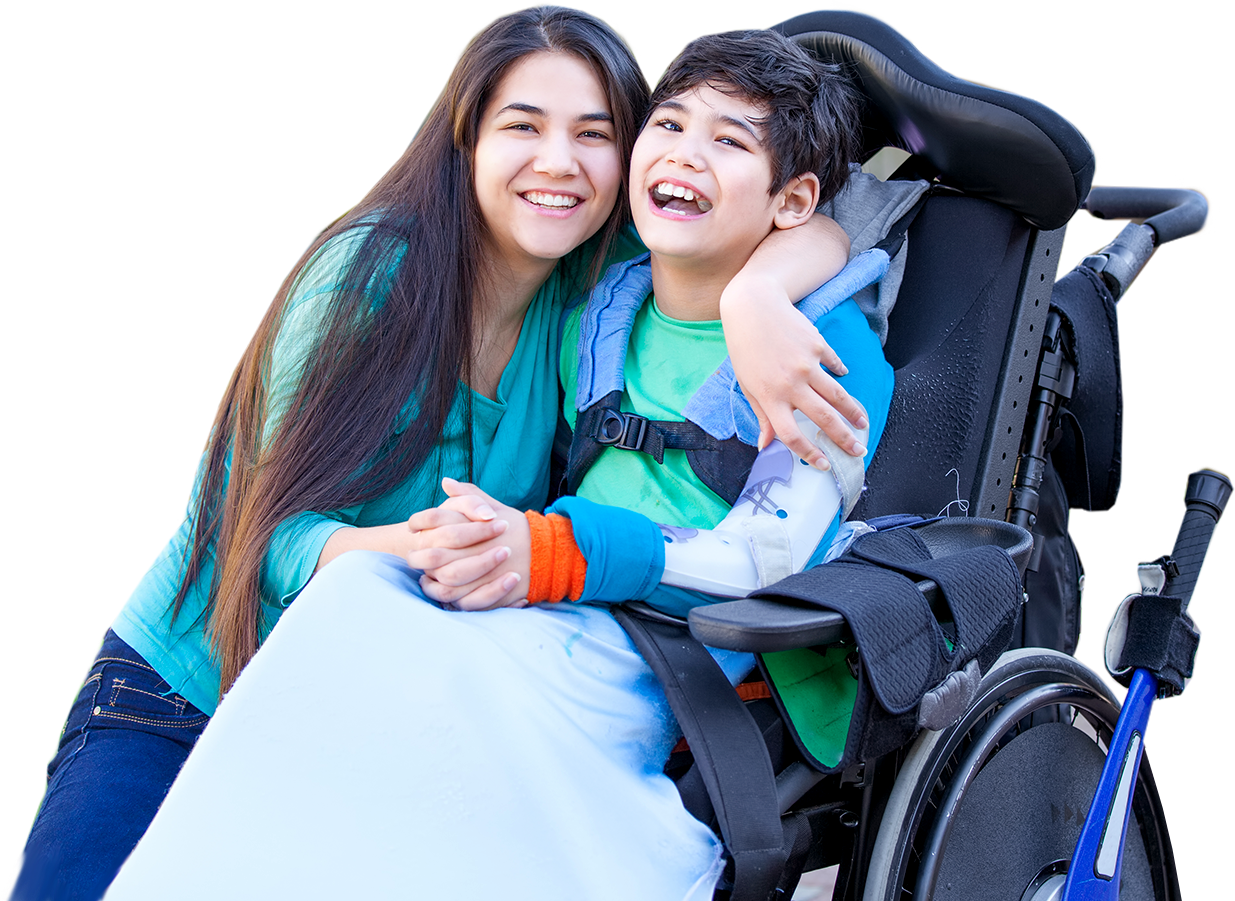Birth Injury
advice for birth injuries and what to expect

- Alternative
- Assistive Technology
- Associated Conditions
- Birth Injury
- Causes of Cerebral Palsy
- Cerebral Palsy Diagnosis
- Cerebral Palsy Information
- Cerebral Palsy Therapies
- Cerebral Palsy Treatments
- Child Development
- Doctor Visits
- Education
- Equipment
- Featured
- Legal Help
- Medical Research
- News
- Patient Care
- Prenatal Care and Childbirth
- Stories
- Tips for Parents
- Types of Cerebral Palsy
- Updates
Posts in 'Birth Injury'
What to Know About Athetoid Hemiplegic Cerebral Palsy
Also known as dyskinetic hemiplegic cerebral palsy, athetoid hemiplegic cerebral palsy is a type of movement disorder that affects only one side of the body. Resulting from damage to the developing brain, this condition causes involuntary movements such as trembling, twisting, and grimacing, making it difficult for a patient to live a normal life. While... Read More
Can Infant Brain Damage Lead to Cerebral Palsy?
A significant majority of cerebral palsy cases will occur in the womb or during childbirth. The Centers for Disease Control and Prevention puts this number at about 90% of cases. The other 10% of cases will occur after birth, a condition known as acquired cerebral palsy. Acquired CP is most likely to occur as a... Read More
Mismanagement of Labor and Cerebral Palsy
The normal progression of labor is marked by dilatation of the cervix, thinning out of the cervix, and descent of the baby down the birth canal. If any of these progression markers are delayed or stalled, the medical staff needs to evaluate whether there’s prolonged or arrested labor. Failure to properly manage labor can lead... Read More
Epidural Anesthesia: What Can Go Wrong?
During labor, expectant mothers may have the option to receive epidural anesthesia. Although an epidural generally offers numerous benefits, it could also cause serious side effects for the mother or child. It’s important to understand the potential disadvantages of an epidural during labor. Discover what can go wrong with this type of anesthesia and whether... Read More
Magnetic Resonance Imaging (MRI) and Cerebral Palsy
When diagnosing cerebral palsy (CP) in children, doctors may use imaging procedures to gain insight into how a child’s nervous system is functioning. Neuroimaging procedures are tests that healthcare professionals can use to study seizures and related neuromuscular disorders in children. Learn more about neuroimaging through magnetic resonance imaging (MRI) and cerebral palsy MRI evaluations.... Read More
Brain Injury from Lack of Oxygen and Cerebral Palsy
When an infant sustains injury to the brain before or during birth, cerebral palsy may result. Learn about the relationship between a brain injury and cerebral palsy and how cerebral palsy from a brain injury could occur. Brain Injuries Caused by Lack of Oxygen Out of every 1,000 babies delivered full term, three of them... Read More
Prone Standers for Cerebral Palsy
A prone stander is a supportive device that can help children with cerebral palsy maintain an upright or nearly upright position. There are many benefits to this type of support, from added stability to enhanced hip stabilization. Prone standers are easily adjusted to accommodate the unique needs of each child while offering as much or... Read More
Epilepsy and Cerebral Palsy: How Are They Related?
Cerebral palsy and epilepsy are more common than you might think. As of 2015, about 470,000 children had epilepsy in the United States. Meanwhile, cerebral palsy—the most common motor disability in childhood—affects an estimated 1 out of every 323 children. What’s more, many children with cerebral palsy also suffer from epileptic seizures. So, does that... Read More
Could Hypothermia Therapy Be Used as Treatment for My Child’s Hypoxic-Ischemic Encephalopathy?
As you approach your due date, you’re likely focused on preparing as much as possible to ensure a safe and healthy delivery. That’s why it’s so important to plan ahead for the small chance that something goes wrong. One possible complication is hypoxic-ischemic encephalopathy, a birth injury that occurs in 1.5 out of every 1,000... Read More
Causes of Cerebral Palsy: Anoxia/Lack of Oxygen Leading to HIE
Anoxia occurs when the body or brain loses its oxygen supply. In the context of childbirth, when oxygen deprivation takes place, it can contribute to a form of brain damage caused by oxygen loss known as hypoxic-ischemic encephalopathy (HIE). HIE can result in cognitive and motor deficiencies that may impair a child’s development and contribute... Read More
